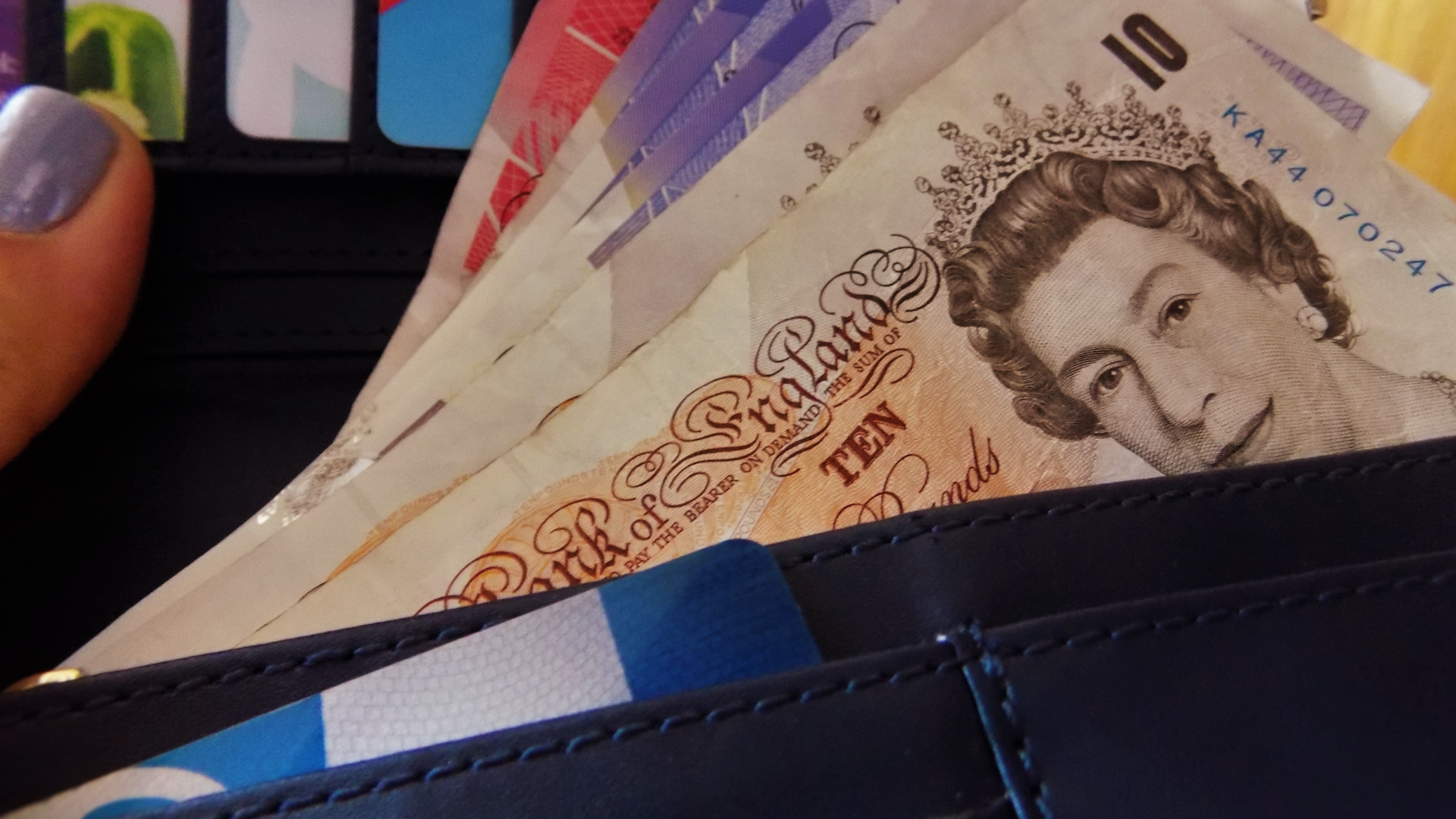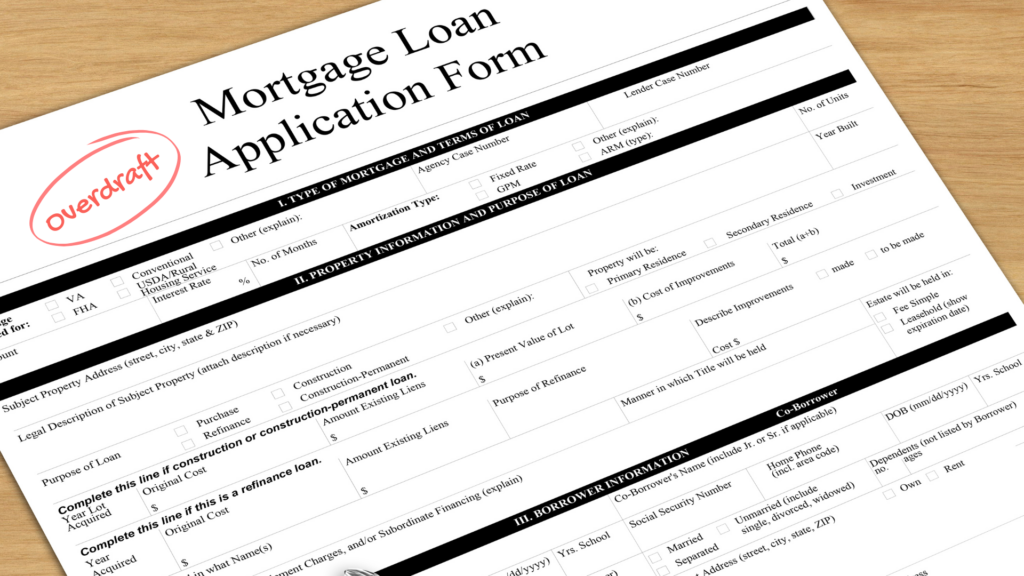£700 A Month Mortgages: How Much Can You Borrow?

Keeping your mortgage payments to £700 makes sense.
Maybe your income is modest, or you’ve got other expenses like student loans or childcare that you need to cover.
Or perhaps you’re focused on saving for the future, like building an emergency fund or planning for retirement.
Whatever the reason, managing these priorities can be tricky.
But with the right mortgage, you can stay within your budget and still get the home you want.
Let’s look at how to make that £700 a month work for you.
What Mortgage Can I Get for £700 a Month?
It’s not about how much you can pay each month, but how much you can borrow.
Things like the interest rate, how long you pay it back, and your money situation matter more.
Usually, with an interest rate of around 4.5% and a 25-year mortgage, you could borrow between £107,000 and £125,000.
But this is just an idea.
Your income plays a big role in what you can afford. Lenders usually calculate your borrowing amount as a multiple of your annual salary—typically 4 to 4.5 times. Some might even multiply it by 6.
So, if you earn £30,000 a year, you could borrow between £120,000 and £135,000.
To find out how much you can borrow and what your monthly payments will be, try using a mortgage calculator.
How Does Term Length Affect My Payments?
The length of your mortgage matters. A shorter mortgage means you pay more each month but less overall.
A longer one means lower monthly payments but more interest in the long run.
If you want to keep your payments around £700, a longer mortgage might help. But remember, you’ll pay more over time.
Here’s a quick look:
| Mortgage Term | What It Means |
| 20-year term | Higher monthly payments, less interest paid overall |
| 25-year term | Standard option, balanced payments and interest |
| 30-year term | Lower monthly payments, higher total interest |
| 40-year term | Lowest monthly payments, highest total interest |
For example, let’s say you’re borrowing £138,000 at 4.5% interest:
- A 25-year mortgage costs £766 a month.
- A 30-year mortgage costs around £700 a month.
Extending the term to 30 years could bring your payments down to around £700, making it easier to stay within your budget.
How Does Deposit Size Impact My Mortgage?
How much you save for a deposit really matters. The more you save, the better deal you’ll usually get on your mortgage.
Lenders look at how much you’re borrowing compared to the house price. This is called the Loan-to-Value (LTV).
The less you borrow, the lower your LTV, and the better deal you might get.
A bigger deposit often means a better interest rate. This can save you money each month.
For example, with a £700 budget, you might be able to buy a £230,000 house if you save 20%.
But if you only save 5%, you might only be able to afford a £210,000 house.
What Affects Your Mortgage Affordability?
Knowing what matters when you want a mortgage is really important. It helps you get ready to buy a home.
Here’s what lenders check when assessing your mortgage affordability:
Income and Employment
As we’ve talked about, how much you earn is a big deal.
Lenders often look at annual income and multiply it by 4 or 4.5 to see how much you can borrow.
If you have a steady job, you’re more likely to get a bigger mortgage.
What You Need:
- Proof of income such as payslips, P60 forms, or tax returns if you’re self-employed.
- If your income varies, such as with bonuses or overtime, be ready to show evidence of this as well.
Credit Score and History
How well you handle money affects how much you can borrow. A good credit score means better deals and more money to spend on a home.
Lenders check your credit history to see if you pay your bills on time.
What You Need:
- Get a copy of your credit report from credit agencies – Experian, Equifax, and TransUnion.
- Check and update your credit file for errors or issues.
- If you have bad credit, consider waiting for 3-6 months to improve your credit score. Avoid new credit applications during this time.
Deposit Size
How much you save for a deposit makes a big difference. The more you save, the better deal you can get on your mortgage.
Lenders like it when you have a big deposit because it’s less risky for them.
What You Need:
- Open a high-interest savings account and put money in regularly for mortgage deposit.
Outgoings and Debt
Lenders check how much you spend and what you owe. They want to see if you can afford your mortgage on top of your bills and debts.
What You Need:
- Gather your bank statements, utility bills, and credit card statements to show income, and spending.
- Optional: Create a detailed budget of your monthly expenses.
Employment Status and History
Lenders prefer applicants with stable jobs, ideally in the same position for at least two years.
If you’re self-employed, they’ll want to see at least two years of accounts to ensure your income is steady.
What You Need:
- For employed: gather employment history details, including how long you’ve been in your current job and any promotions or pay raises.
- For self-employed: get your tax returns ready and business accounts verified by your accountant.
Property Type
The type of property you want to buy can also affect mortgage affordability.
Some lenders are cautious about lending on non-standard properties, like those made of unusual materials or located in certain areas.
What You Need:
- Figure out what kind of home you like.
- Check if it’s the sort of home most lenders will give a mortgage for.
- If you’re not sure, talk to a mortgage broker. They can tell you about homes that might be tricky and how this affects getting a mortgage.
Age and Retirement
How old you are can affect how long your mortgage can be. Lenders might worry about you paying it off when you’re older.
What You Need:
- If you’re nearly ready to retire, be prepared to talk about your plans with the lender. You might need to show them how much money you’ll get when you retire or other savings to prove you can keep paying the mortgage.
What Are My Options for a £700 a Month Mortgage?
Picking the right mortgage can be tricky, especially when you’re on a budget. Here are few options to start with:
Capital Repayment Mortgages
This is the most common type. Your monthly payment pays off both the interest and a bit of what you borrowed.
So, by the end, you’ve paid back the whole loan.
Interest-Only Mortgages
With this type of mortgage, you only pay the interest each month. You don’t pay any of the money you borrowed until the end.
This means your monthly payments are lower, but you’ll owe the whole loan amount when it’s finished.
It can be cheaper each month, but you need a plan to pay back the big amount at the end. If you don’t have a good plan, this type of mortgage can be risky.
Fixed-Rate Mortgages
With a fixed-rate mortgage, your interest rate stays the same for a set time, usually two to five years.
This means your monthly payment won’t change. It’s like having a steady cost, making it easier to plan your money.
Variable Rate Mortgages
With this type of mortgage, your interest rate can go up or down. It depends on what the Bank of England does with its base rate.
This means your monthly payment can change too. It might be lower sometimes, but it could also be higher.
So, it’s harder to know exactly how much you’ll pay each month.
How Can a Broker Help Me Get the Best Deal?
Finding the right mortgage can be tricky, especially if you’re on a tight budget. That’s where a mortgage broker can help.
A broker knows the mortgage market inside out. They can find you the best deals, often ones you can’t find yourself.
They can also give you tips on how to improve your chances of getting a good mortgage, like boosting your credit score.
If you only have £700 a month to spend, a broker can help you find the best deal for your money.
Key Takeaways
- A £700 monthly mortgage payment typically allows borrowing between £107,000 and £125,000 with a 25-year term at 4.5% interest.
- Longer mortgage terms reduce monthly payments but increase the total interest you’ll pay.
- A larger deposit improves your Loan-to-Value (LTV) ratio, leading to better mortgage deals.
- Lenders assess your income, credit score, outgoings, employment history, property type, and age when determining mortgage affordability.
The Bottom Line
You can definitely get a mortgage with £700 a month, but you need to plan carefully.
Factors like how long your mortgage lasts, how much you save as a deposit, and the type of mortgage you choose all matter.
A qualified mortgage broker can really help. They know lots about mortgages and can find you the best deals.
Need help? Get in touch. We’ll connect you with a reliable mortgage broker to help with your mortgage application.
Get Matched With Your Dream Mortgage Advisor...

Frequently asked questions
Can I get a mortgage for £700 a month with bad credit?
Yes, but you may need to work with a specialist lender who offers bad credit mortgages. A mortgage broker can help you find the right lender for your situation.
Is it better to choose a longer mortgage term to reduce my monthly payments?
While a longer term lowers your monthly payments, it increases the total interest paid over the life of the loan. It’s a trade-off between immediate affordability and long-term cost.
Should I use a mortgage broker?
Yes, especially if you have a strict budget. A broker can help you find the best mortgage deals, access exclusive offers, and provide personalised advice based on your financial situation.




